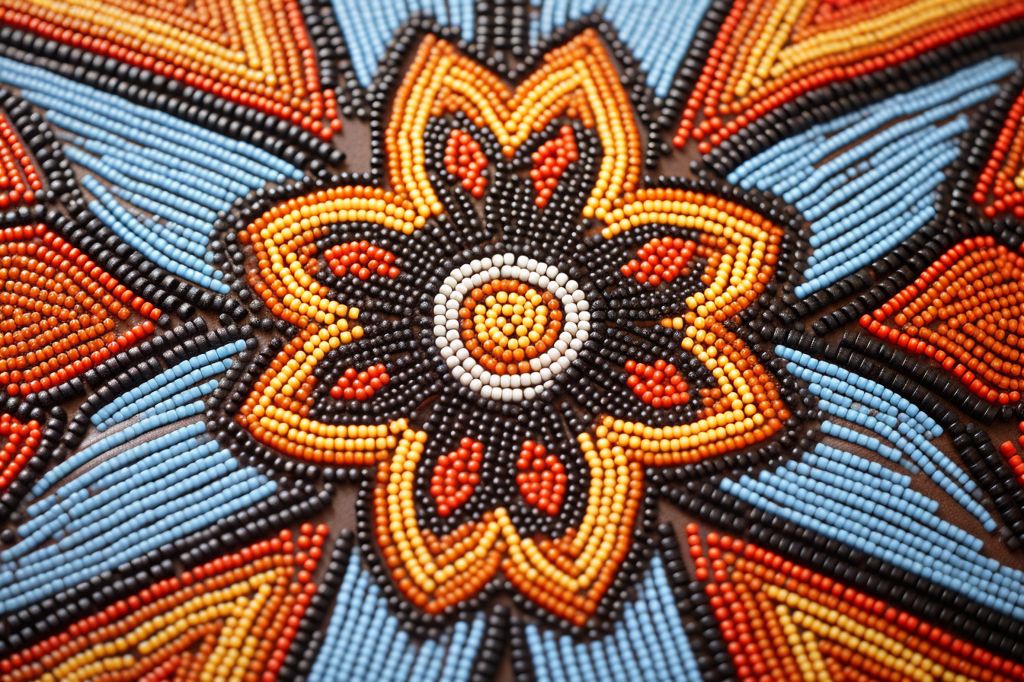The 3rd Annual Southern African Oil & Gas Conference was recently held in Cape Town with industry leaders and delegates from across the continent gathering to discuss the theme of “Oil and Gas development to address Southern Africa’s energy challenges while ensuring a just energy transition.” The conference aimed to address the energy poverty and climate change challenges that hinder Africa’s economic growth and exacerbate issues such as unemployment, poverty, and inequality.
Vast Oil and Gas Deposits in SADC
The Southern African Development Community (SADC) is known to hold vast deposits of oil and gas. According to estimates by the Petroleum Agency of South Africa (PASA), the nation alone has 27 billion barrels and 60 trillion cubic feet (tcf) of prospective oil and gas resources located on its south, east, and west coasts. Recent success stories in Guyana and Namibia have shifted the paradigm regarding petroleum prospectivity in the region and its potential economic contributions.
Success Stories in Guyana and Namibia
Guyana’s economy grew a staggering 62.3% in 2022, spurred by its domestic gas production. The nation replaced heavy fuel oil in electricity generation with indigenous natural gas, reducing electricity tariffs by 50%. Similarly, Namibia’s 2022 Venus-1 discovery, the largest find in the last 15 years, allowed the country to accelerate its exploration program, potentially doubling its GDP by 2040.
Challenges and Opportunities in South Africa
South Africa is poised to benefit from R288 billion in planned investments in projects such as TotalEnergies’ Brulpadda project, Virginia gas, Lephalale Coal Bed project, and the Afro Energy project. However, ongoing litigation and opposition to exploration and development hinder the investment potential in the upstream petroleum sector, with concerns raised about foreign-funded Non-Governmental Organizations (NGOs) potentially wielding veto powers against development in the SADC region.
Strategies to Accelerate Exploration and Development
The conference provided an opportunity for the SADC to strategize on accelerating exploration and development of oil and gas resources, essential for the region’s energy security and economic development. Despite global pressure to move away from fossil fuels, global gas markets have reached new heights, and oil prices have stabilized between $70 to $80/barrel, providing healthy cash flows for oil and gas companies.
Mitigating the Volatility of Global Oil and Gas Pricing Practices
SADC countries have the opportunity to develop their resources in a way that can mitigate the volatile nature of global oil and gas pricing practices. By unlocking oil and gas exploration and development, the region can protect its citizens from volatile international pricing and avoid practices that increase the cost of living.
Responsibility to Ensure Optimal Performance of Economic Sectors
As nations in different developmental stages, all have the responsibility to ensure the optimal performance of economic sectors, including oil and gas. The potential of the region could transform the economy, the SADC, and the African continent.
Path to a Just Energy Transition
The SADC must learn from the BRICS nations and efficiently utilize all energy sources, including fossil fuels, to support both energy security and a just energy transition. It is crucial for the SADC countries to define their path to a just energy transition from high to low carbon emissions, with gas playing a vital role.
South Africa’s Invitation to Investors and Exploration Partners
South Africa remains open for business in the exploration and development of oil and gas. The nation invites investors and exploration partners to see South Africa as an ideal investment destination and work with the government to develop oil and gas projects both offshore and onshore.








